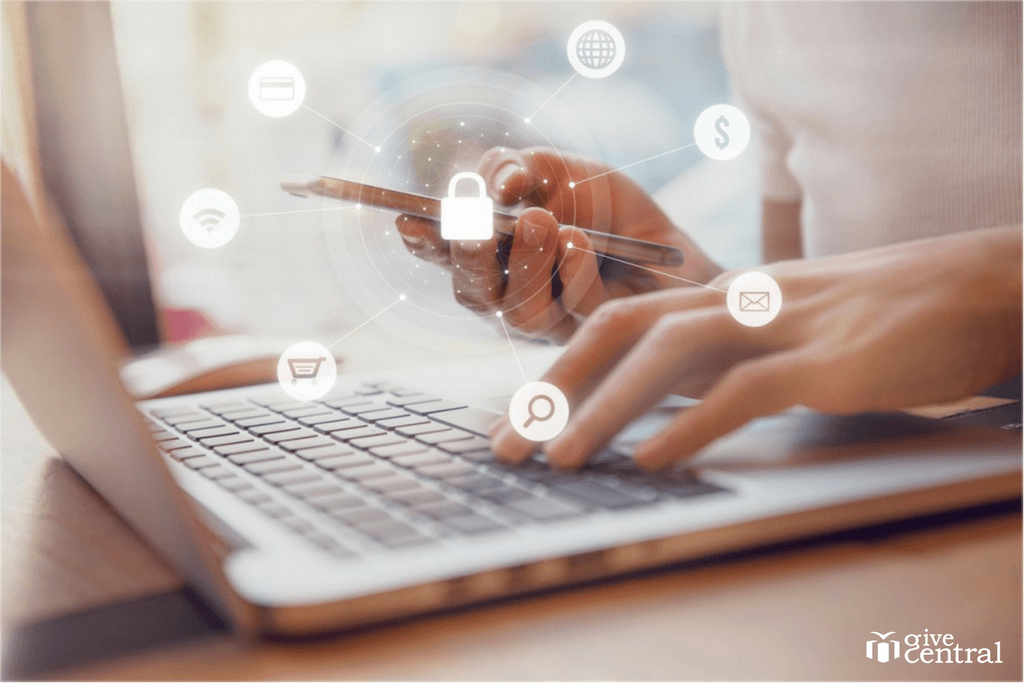Donating money to your intended cause has never been easier. There was a time when you could donate money only when someone representing the cause came knocking on your door, or you had to walk down to a local centre.
The internet has given nonprofit fundraising a renewed hope. E-giving is easy, convenient, and by a general consensus, safer too. That is not to say that risks aren’t involved. As is common with all good things, there are a few people who are determined to spoil this experience for everyone. Let this not scare you though.
GiveCentral understands the risks involved and we are determined to make sure this doesn’t deter your goodwill. So, read on! And with the tips we’re giving you, you’ll never have to think twice before deciding to give online.
This is true regardless of risks involved. But the risks make it all the more important for you to know the cause for which you’re contributing to. Research the cause and the means through which you’re trying to donate to the cause. Learn the particulars and the important dates regarding the cause. With this information, you can be an informed donor.
-
Know where your money will reach.
It is important to learn details about your recipient. This is not limited to the name and location of the organization you’re donating to, but also includes knowing more about their account details. Make sure you’re donating to a bank account registered to an organization as opposed to a bank account registered to a person. As a general rule of thumb, a bank account registered to a person is something you’re supposed to stay away from.
-
Practice safe e-giving.
Make sure you don’t enter your card details any other place than required. Don’t send over card details to a third party handler if he or she tells you that they’ll take care of it.
Make sure that when you enter the payment portal, the portal is secured with a “https” encryption. Just observe the URL of the payment page and see if there’s a “https” at the beginning. And if there is, you’re mostly good to go and if there isn’t, you should contact the organization and ask them why their payment portal isn’t secured.
-
Obtain adequate contact information.
Make sure you know the contact details of the concerned persons at the organization you’re donating to. Write down the name, address, email ID, and other contact details in a safe place before donating money. Establish contact and make sure you know them well enough before you’re comfortable enough to donate.
-
Be wary of spam emails.
Spam solicitations are very commonplace. And more often than not, spam emails asking for money are scamsters and fraudsters. That is not to say that all of them are. After all, email solicitation are still one of the most ways to ask for money. So when you receive a spam email asking for money, make sure you do the proper research before even responding to the email.
-
Store receipts.
Once you’ve donated money to your intended cause, your job is mostly done. But there’s one last thing you must keep in mind. Make sure you store a copy of the payment receipt of your contribution, either in digital form or a printout. Make sure you store these receipts in a safe place. You never know when you might need them.
With these tips in mind, GiveCentral hopes you’ll have a pleasant e-giving experience.
